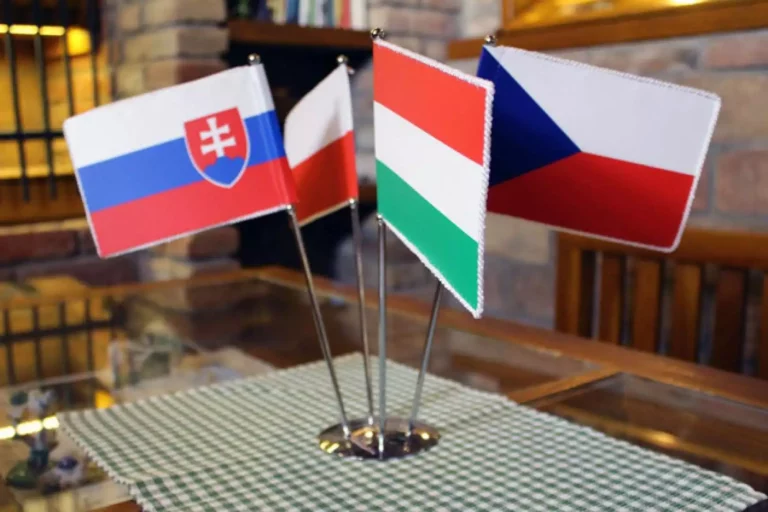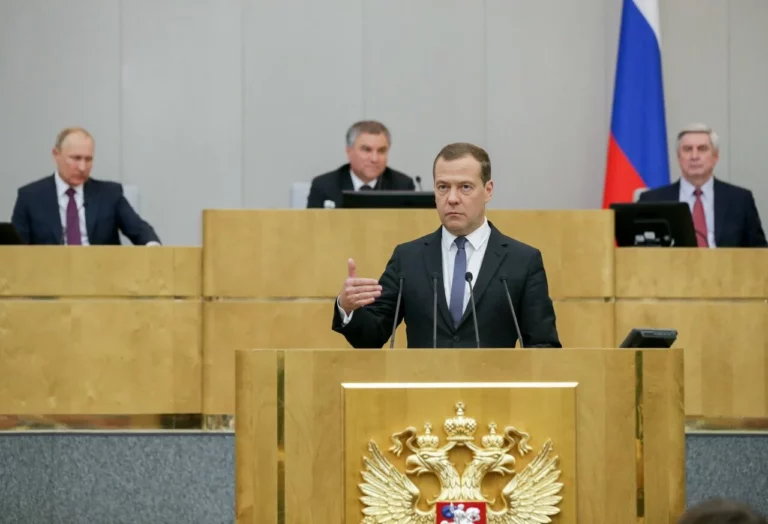Poland
Unexpected turn in the Polish-Hungarian relationship after scandal

Here is how much Wizz Air’s season ticket, the Wizz Multipass will cost!

V4 Festival to offer over 100 programmes

Polish ambassador outraged by Hungarian Chief of General Staff’s “falsification of history”

Hungarian radical party proposes chemical castration of paedophiles

Eurostat: Hungarian household energy prices are the lowest in EU

Attention motorists: Slovakia temporarily reintroduces border controls at the Slovak-Hungarian border

Putin’s ally would give western Ukraine to Hungary

Hungarian oil import in danger? Poland proposes fresh EU sanctions against Russia

V4 European affairs committees adopt joint statement
The European affairs parliamentary committees of Visegrad Group countries meeting in Budapest on Monday "resolutely condemned" the war in Ukraine...
Czech expert: V4 cooperation dying because of Orbán

Ukrainian grain floods the markets: Hungary and CEE countries enraged

Eternal friendship: Hungary and Poland go against the EU together

End of historic friendship? Polish people no longer like Hungarians

Hungarian MEP: The European Commission doesn’t care about balanced debate
Balázs Hidvéghi, MEP of Hungary's ruling Fidesz, spoke up for Poland in a debate in the European Parliament's Committee on...
VIDEO: Budapest City Park receives musical bench: make sure to visit it!

Hungarian national holiday marked in US and Poland

Wizz Air suspends two Budapest routes for four weeks





 ZH
ZH IT
IT DE
DE HR
HR NL
NL FR
FR JA
JA RO
RO RU
RU ES
ES TR
TR
